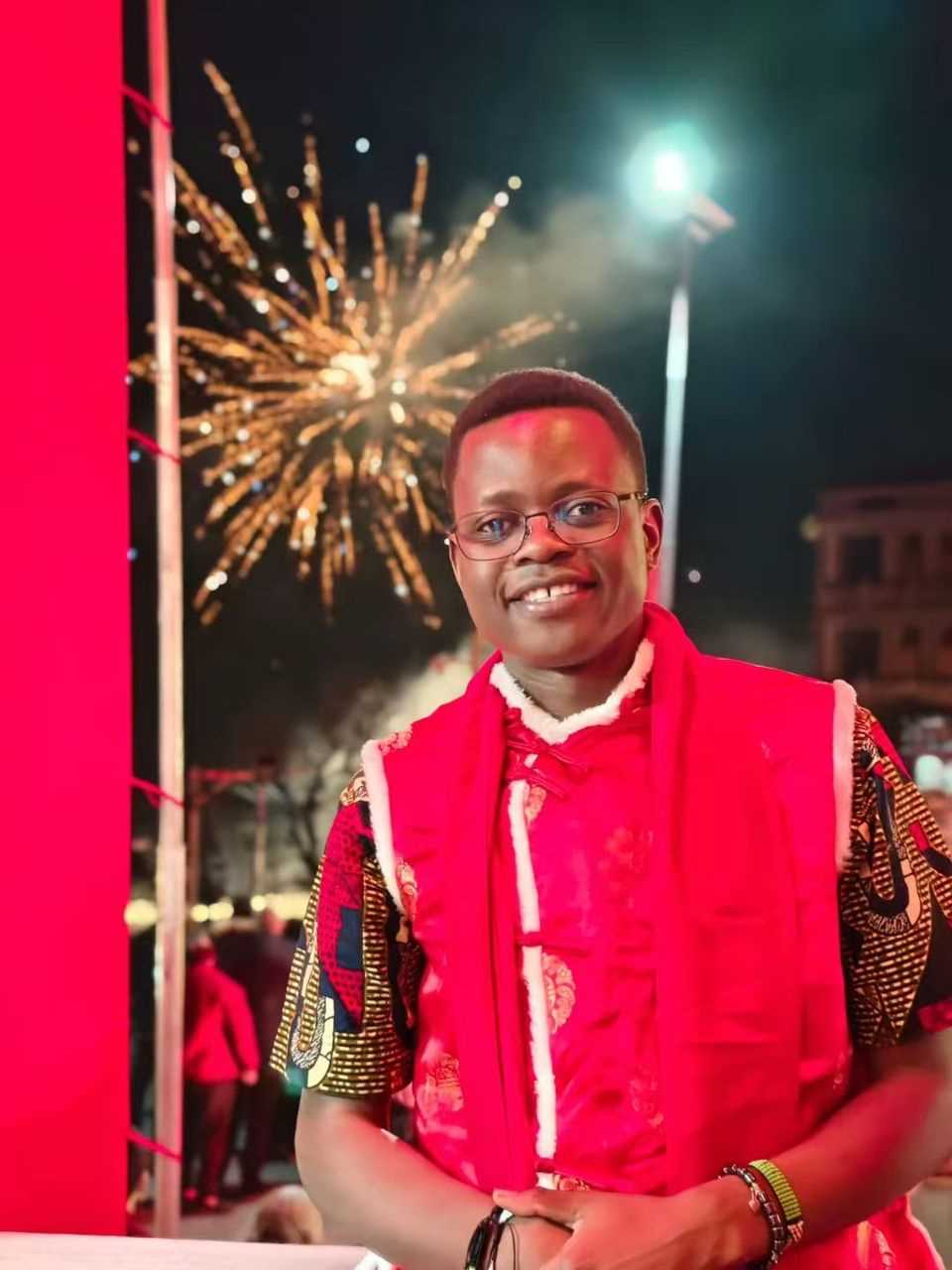
The Chinese New Year, one of the most anticipated festivals in Chinese culture, is upon us. Known as the Spring Festival, this time of year is synonymous with family reunions, festive traditions, and an incredible surge of travel, as millions return home to share meals, exchange gifts, and honor age-old customs with their loved ones. This year’s celebration holds even greater significance, as it marks the first Spring Festival since UNESCO recognized the festival as an Intangible Cultural Heritage last December.
The global recognition highlights the cultural richness of this ancient tradition, which has become a bridge connecting communities far beyond China’s borders.
Tungamirai Eric Mupona, a PhD Student at Zhejiang University and Vice Chairman of the China-Zimbabwe Exchange Center shares with China Africa Talk on his observations on this special occasion.
China Africa Talk: We're now seeing countries in Africa celebrate the Spring Festival. For example, Mauritius has made it a public holiday like here in China. What is the significance of this holiday? What's its impact on Africans?
Tungamirai Eric Mupona: I’ve been in China for 7 years, and this is my 8th year. I have celebrated six spring festivals. This one is going to be my 7th Spring Festival. I have actually had the opportunity to immerse into the atmosphere of this Spring Festival because I usually spend it in the homes of my friends. Last year I was in Li Shui, which is a city very close to Hangzhou, at my friend's house actually enjoying the Spring Festival. I think from those experiences, I have somehow managed to get a glimpse of how important this festival is to the Chinese both within China and beyond. I think it is more traditional. It marks the beginning of the spring season, so you would need to dig and go and find it out in the Chinese traditions and going back to Xia Dynasty where they've actually at that time had a concept of what they call Nian in Chinese which is the “year”. If you're actually looking on the Chinese traditional calendar, it is a festival of more than 30 days starting from what they call the Laba Festival to the Lantern Festival. So during this entire period, you have a lot of activities. So for those who are abroad, the Chinese diaspora, it is the best time for them to reunite with their families back home. So they will start coming back reunion of families. And within their cultural traditions, it is the best time for them to also connect with their ancestors. So it is time to pray for good fortunes. It is also time for them to connect with their motherland. There is a lot that will be happening during this entire period. As we see it, it is actually the most influential festival in China, judging on the number of activities, judging on the number of people that will be traveling during that entire period. I was actually looking at statistics in 2025. It is estimated that there will be 9 billion trips. In total, you can imagine how people are going to be traveling around during this period. They have what they call spring travel rush, which is a period in which during the whole entire year, they would have a peak of travelers. They'll be traveling a lot. So judging from all these figures, you would realize that actually this festival means a lot to the Chinese people both at home and those who are abroad. Now, you have asked about the impact it has on Africa, and that also in Mauritius, they have actually made it in official holiday on the public island. It basically reflects the globalization. And then we got to learn cultures from all over the world, because I think cultures become rich through exchanges. We have already Christmas. We have the New Year that we celebrate on the 1st of January. All of these, if we are looking at it from an African perspective, they are all external cultures that we have absorbed on the continent. It is a culturally diverse continent. So to us, we are really happy to have Chinese festivals being also celebrated on the continent.
China Africa Talk: You've been having the best of both worlds. You are from Zimbabwe. You enjoyed the Christmas holiday and the New Year, and now here you are enjoying the Spring Festival.
Tungamirai Eric Mupona: I love comparing. So whilst I was in Zimbabwe, I was enjoying Christmas because of this and that. So now when I'm going to go and experience the Chinese New Year or the Spring Festival, I want to have a different feeling. So that's why I would find myself immersing into the traditional aspects of the Spring Festival. I've actually tried the dragon dance, and the lion dance. I have tried to make some dumplings myself. I've tried all sorts of things. The Laba Festival that I was talking about marks the beginning of the Spring Festival. I did prepare some Laba porridge, which is part of their traditions serving to the locals in some communities over there. And actually, that is a way of sharing the new spring, blessings, and fortune. So it allows me to really at least understand different cultures. It's part of cultural competence, appreciating different cultures and having to learn about what they mean to their people and to the world at large.
China Africa Talk: The Spring Festival has been officially designated as a UNESCO intangible cultural heritage of humanity. What does this highlight about its contributions to humanity’s shared cultural heritage?
Related Stories
Tungamirai Eric Mupona: It actually reflects that China is attaching great importance to the protection of intangible cultural heritages because the Spring Festival itself is not actually the first of the intangible cultural heritage elements from China to be listed by the UNESCO. If we are looking at the whole list globally, China has the largest amount of cultural elements that are recognized by UNESCO. So now it is actually a huge lesson to us that I think we should actually cherish our cultural history and make sure that there is continuity. It can’t be history like you are telling us that some thousand years ago, Chinese people used to enjoy the Spring Festival. No, that's not what is happening. You are seeing it here. It's happening. And now you are being told the story that we've been having these for thousands of years. And the impact is that it has been changing how people communicating, how people interact. And because it reflects the Chinese people’s understanding of seasons. It reflects Chinese people's interaction in the community, because it starts individually, and then it goes to someone with his or her family. And then it goes beyond that. It goes to the community. If you go to the rural areas, you realize that during the Spring Festival, there will be organizing activities as community. From that perspective, you can understand that the Spring Festival is an intangible cultural heritage feed to the knowledge production systems of the Chinese people. So something that we should really learn, it's a huge lesson that we can also do the same.
China Africa Talk: Have you watched the Spring Festival Gala before?
Tungamirai Eric Mupona: Yes, and I would say that one of the practices during the Spring Festival that I think if you go to any Chinese household, that you will experience is actually watching the Spring Festival Gala because they have a culture that when it is the Chinese New Year Eve, you are going to stay awake the whole night, sitting with your family and enjoying some snacks. If you're a Chinese, then you are watching the Spring Festival Gala. I have actually had that experience several times, especially when I go to enjoy the Chinese New Year with my friends in their homes. So what is actually very interesting is that if you take a look at the performances, you realize that they reflect cultural, economic and social aspects. So it's more like a conclusion to a year trying to tell stories to the world about its development status quo, its cultural aspects, and everything combined together. They would try to go in even some classic literature that have been written there, some being recited as poems, and some being turned into some performances. There will be a lot of interesting things. It's not as simple as just singing songs. It is the best way that China has adopted to tell its stories to the world, which is pretty much interesting.
China Africa Talk: And like the Chinese tradition of celebrating the Spring Festival, do you find that African cultures have a place in modern life?
Tungamirai Eric Mupona: Yes. As I mentioned earlier on, I was talking about China's practices with respect to preservation of cultural heritage. This is something that we can actually learn as Africa. We actually have the opportunity to go and unearth all those hidden cultural practices. We have a lot. I'm looking forward to see many traditional holidays. All these cultural heritages can be linked to, as I mentioned that they feed into knowledge production systems. They also are actually part and parcel of the key factors to force the development of our countries. As it stands at the moment, we might not have some new high tech products, but our cultural products are competitive enough on the world market. I was mentioning that the Spring Festival is a package of different cultural heritage practices that China has. You can actually experience it within these more than 30 days. And if you are going to experience that, you have a better appreciation of what the Chinese traditions are or the Chinese culture is. So we can also do something like that. Let's unearth our old hidden cultural traditions and make sure that we make them live besides the UNESCO intangible cultural heritage, at least internally in China, China has national, provincial and even district recognition of intangible cultural heritage. So we should have kind of similar practices in our own African countries. I think if we can do that, some of these traditional practices can also be turned into certain industries. So they will feed also to the realization of our economic and social cultural development goals.
China Africa Talk is a podcast from CGTN Radio.
You can find more on this discussion and other China Africa related stories its website: https://radio.cgtn.com/podcast/column/other/China-Africa-Talk/539
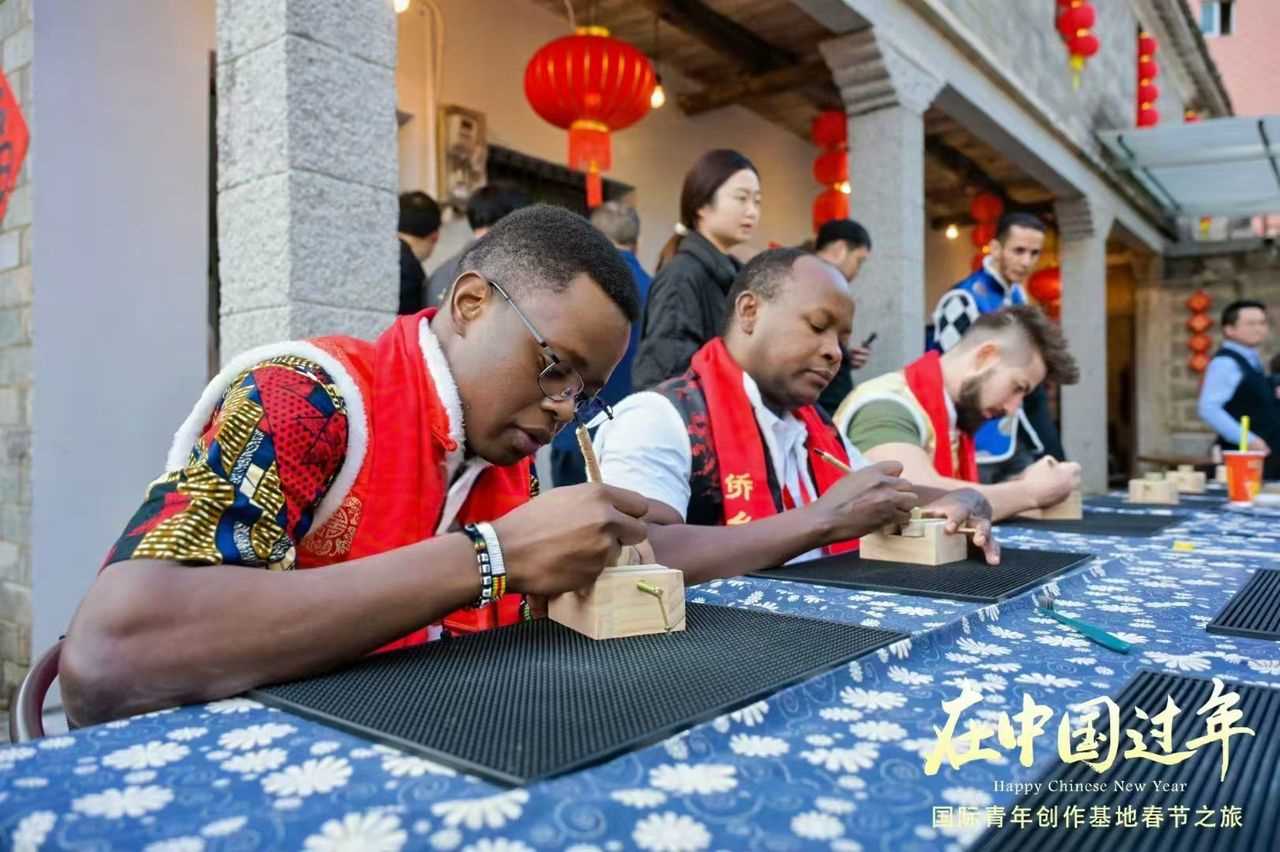










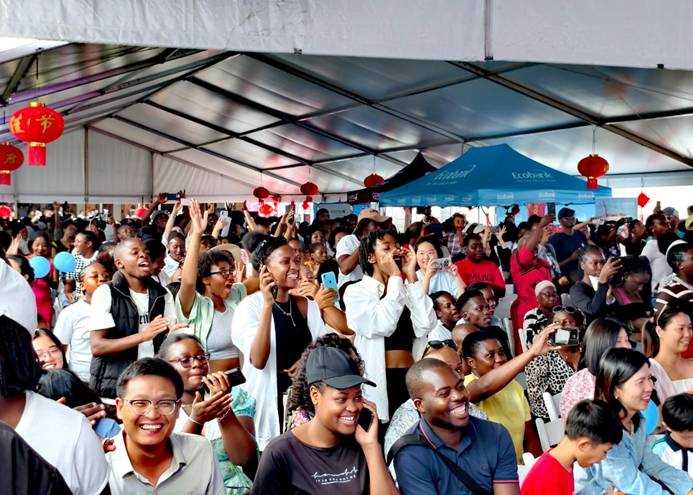
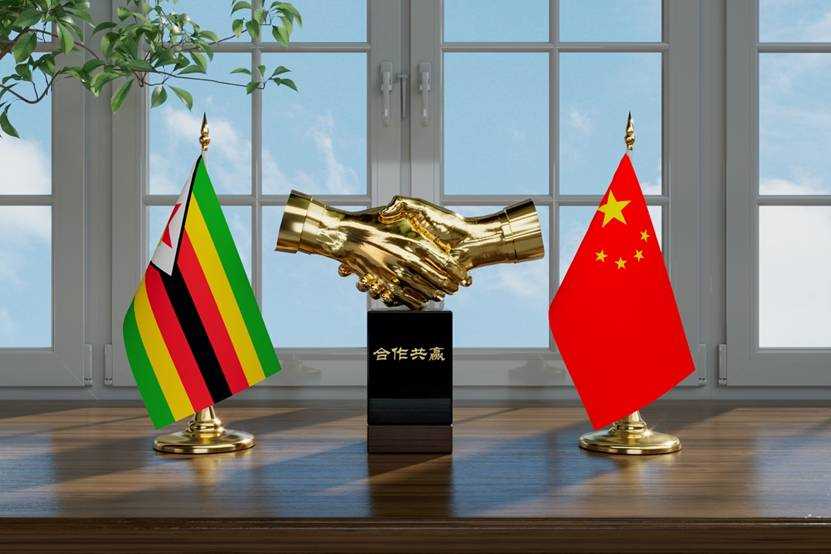




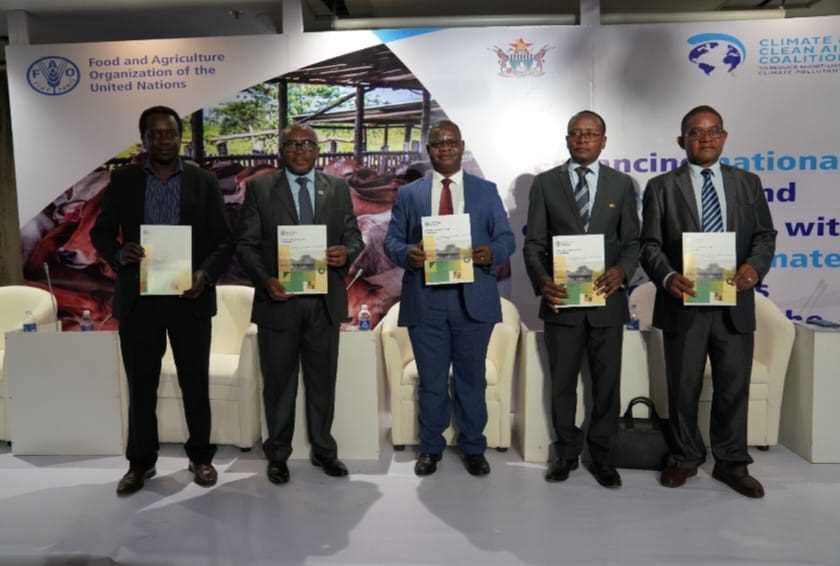



Leave Comments